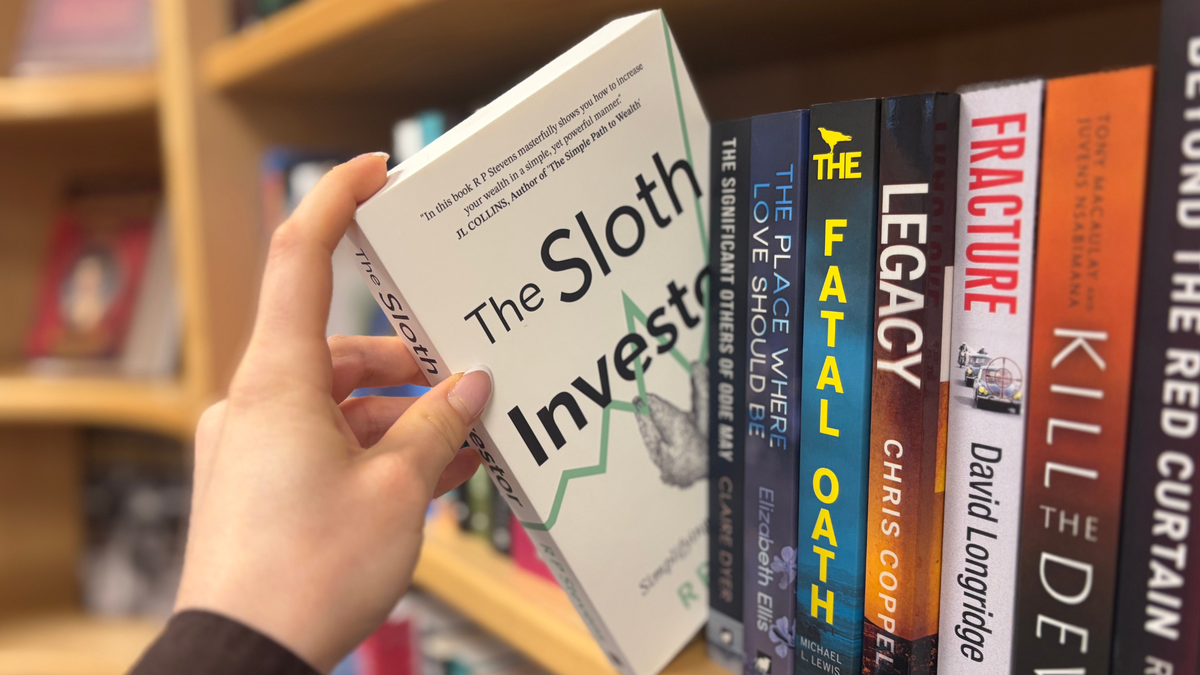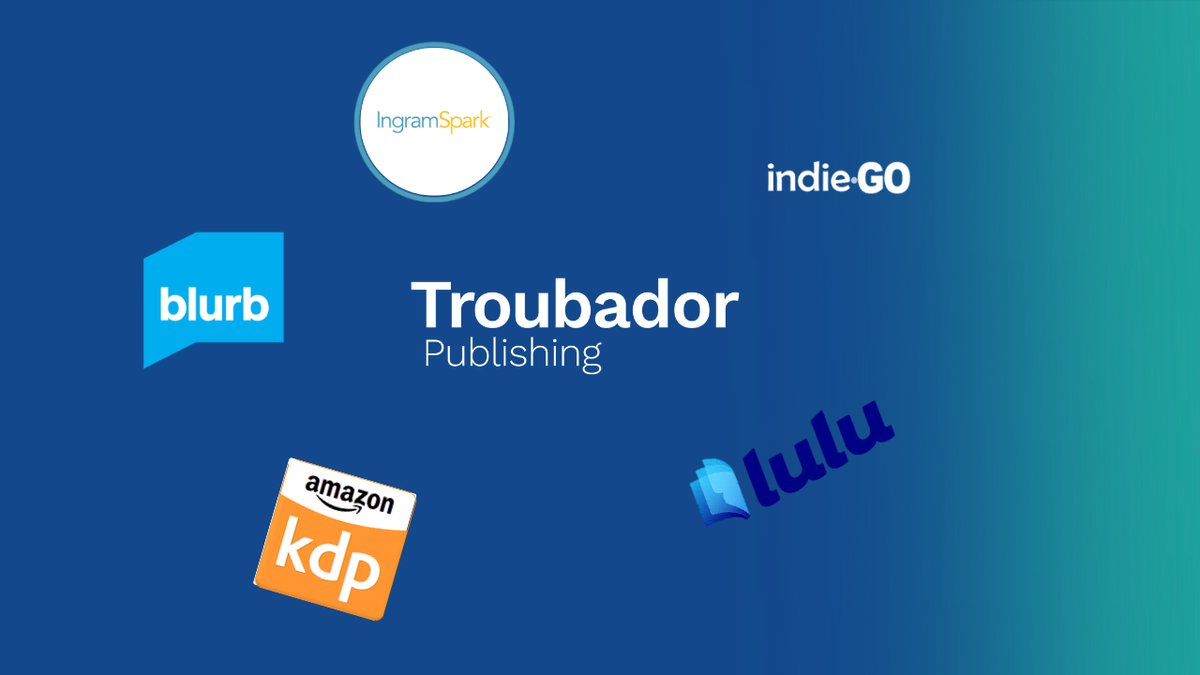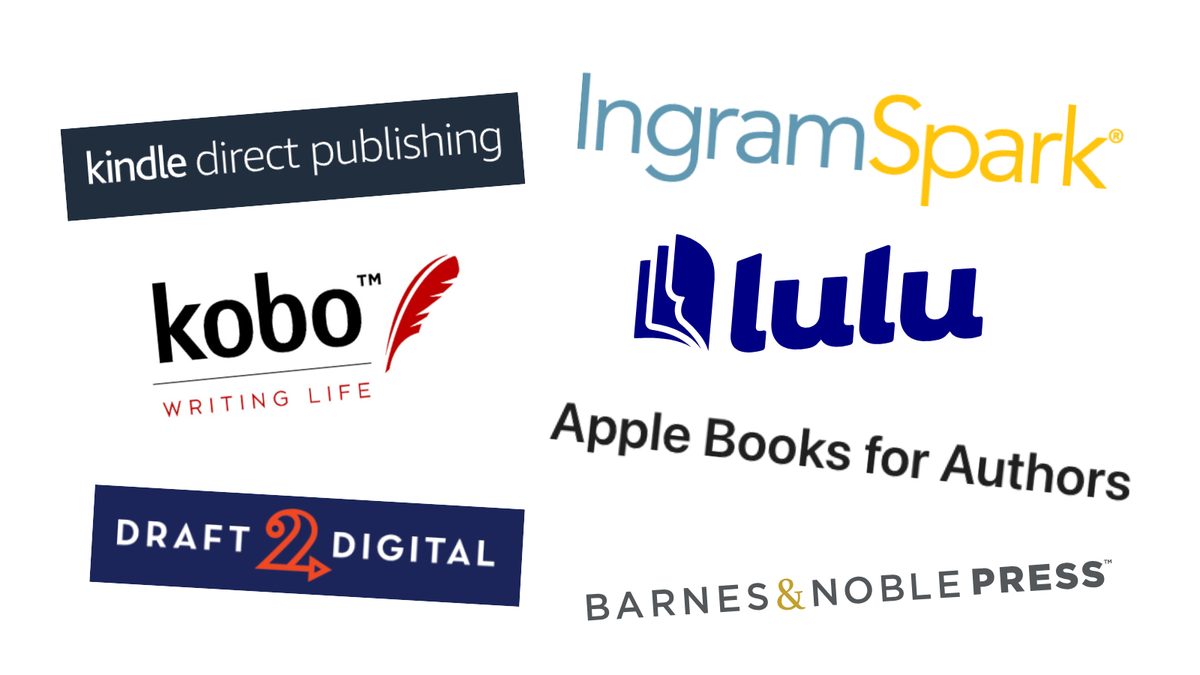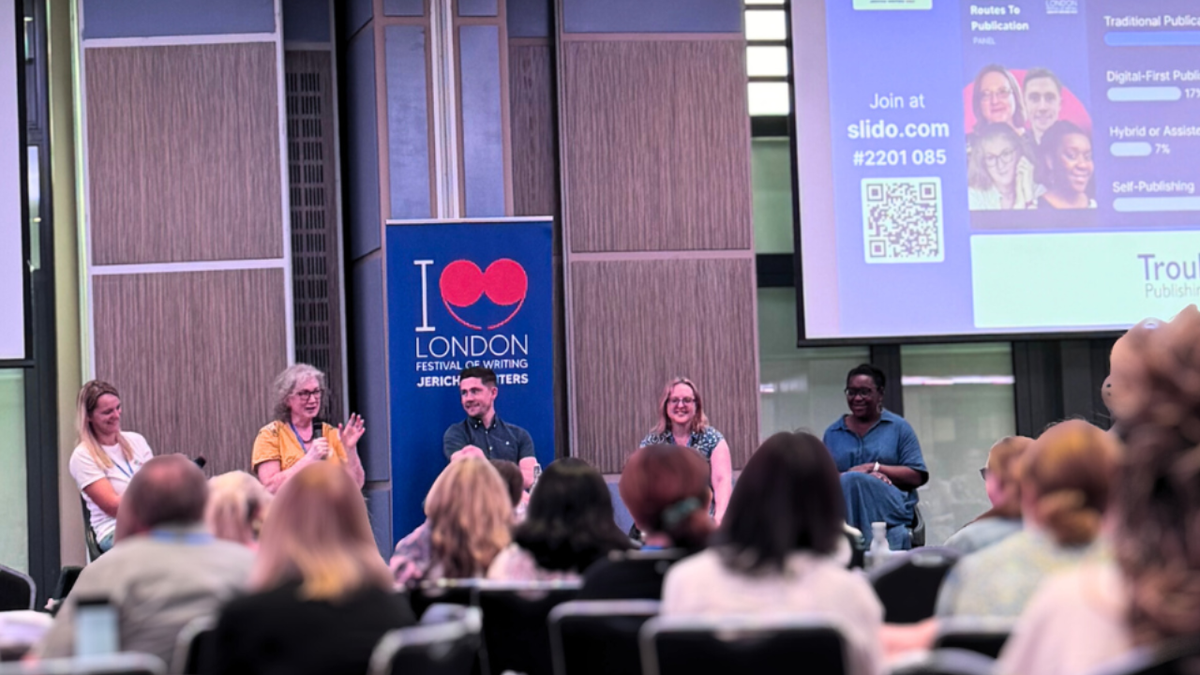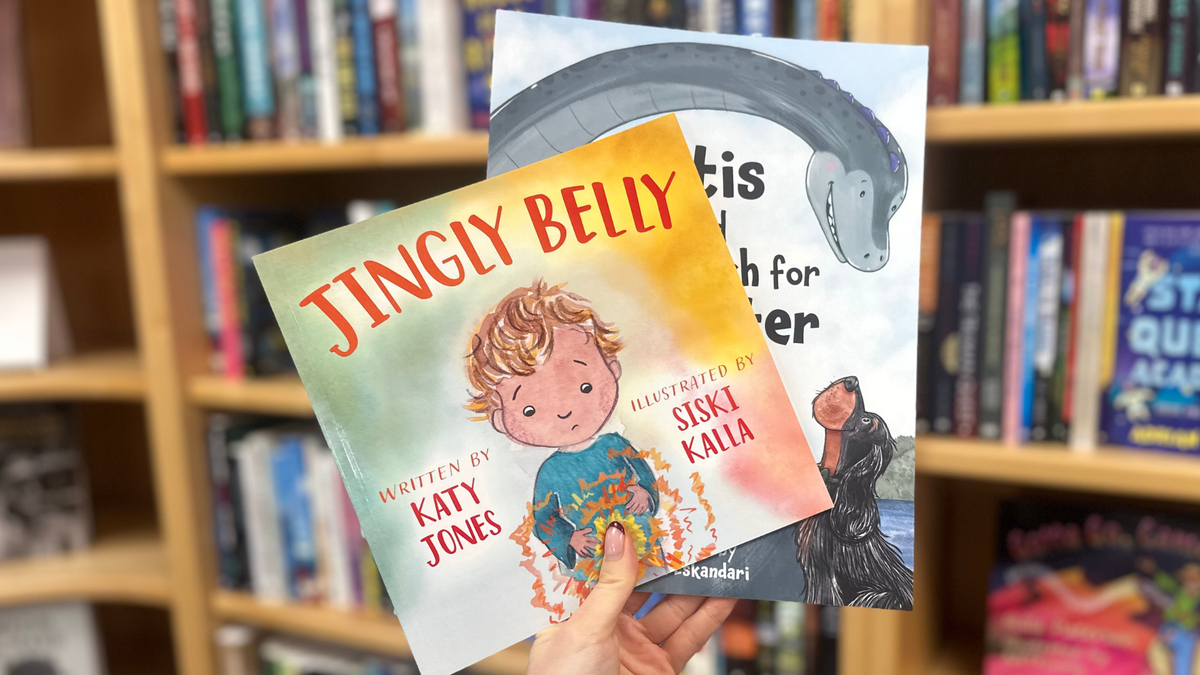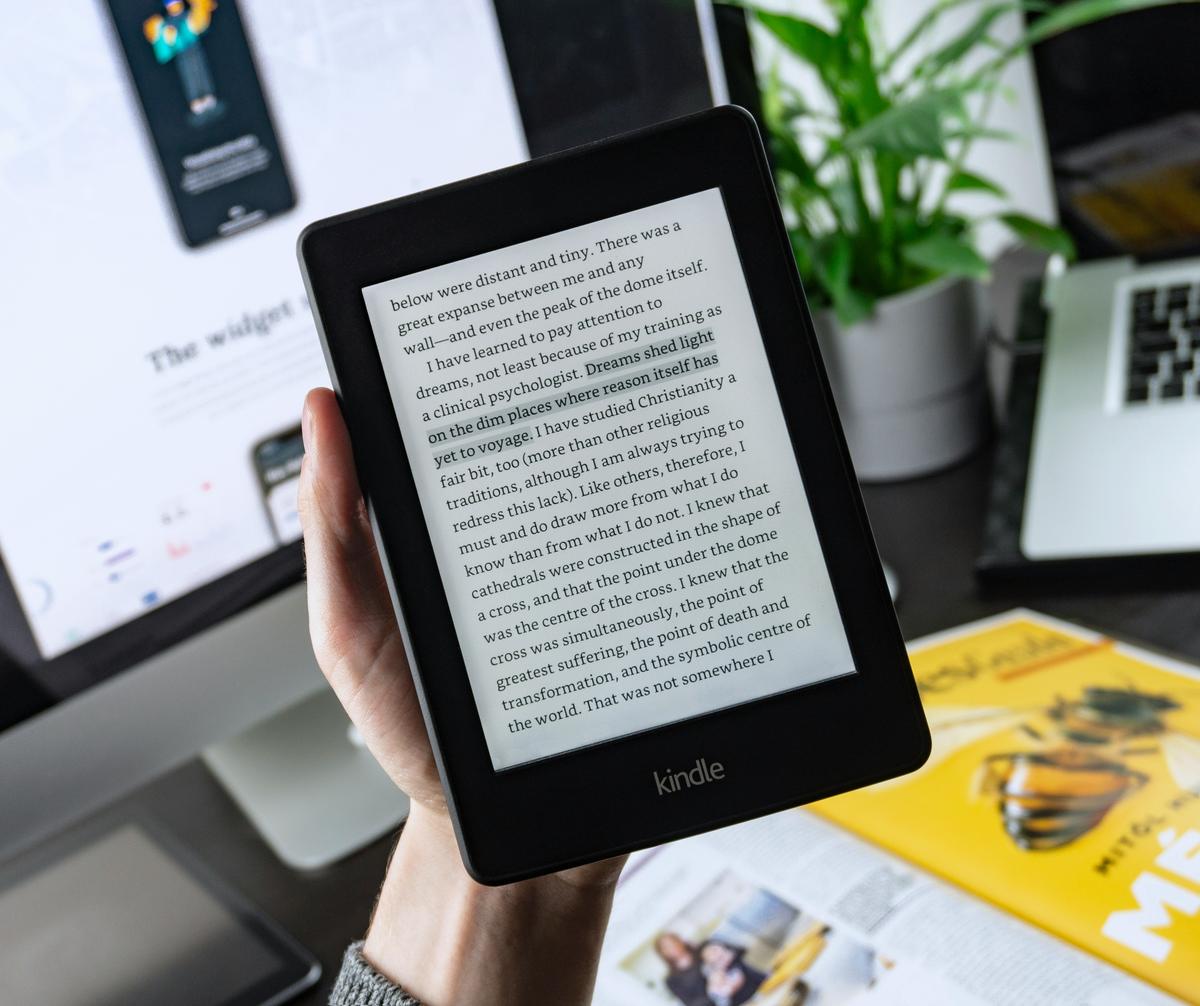
25th October, 2023
4 min read
The Power of Public Lending Right (PLR) in the UK
Written by:
Jane Rowland
Being an author can be highly satisfying, the thrill of seeing your work in print, the joy of the creative effort of writing and promoting a book, and the writing networks you form all make writing an enjoyable and worthwhile pastime.
However, while writing might be creatively satisfying, for many authors, the financial rewards are often less obvious - and in a low-margin business, Public Lending Right (PLR) is a potential additional stream of income that many authors are missing out on.
In this blog, we'll explore what PLR is, what the new changes coming into force in October 2023 mean for authors and why you should consider signing up if you have not already done so.
Understanding Public Lending Right (PLR)
Public Lending Right, commonly referred to as PLR, is government-run and is designed to compensate authors for the public use (i.e. lending) of their books in libraries. It pays a royalty to authors whose works are borrowed from public libraries across the UK.
Historically, this royalty was calculated after analysis of the lending records of a sample of 30 lending libraries in the UK. However, the big change to PLR due at the end of October 2023 is that these payments will now be calculated from the loan data of all public libraries in the UK, rather than based on a sample of 30. This will ensure more comprehensive data and more accurate lending figures, allowing a better share of the royalty pot to a wider range of authors. Announcing the revised parameters, the Government says:
‘More authors are set to benefit from improvements to the Scheme that pays them when their books are loaned from public libraries in the UK. [...] The Public Lending Right (PLR) Scheme provides authors with an income of up to £6,600 a year from loans of their books from public libraries in the UK and pays out more than £6 million annually. The rate paid to authors for each loan is calculated by dividing the total money available by the estimated total annual number of loans in public libraries.’
So now you know what PLR means for you. Here is additional information about why it matters.
Who runs PLR?
Since October 2013, PLR in the UK has been administered by the British Library, which is responsible for collecting and distributing the funds allocated to all PLR-registered authors. But note the word registered in that sentence. Authors must register themselves to receive a share of the royalty pot - publishers cannot do this for you.
Why should authors sign up for PLR?
There are many good reasons why authors should register for PLR:
1. Financial
One of the most significant advantages of PLR is the financial compensation it offers to authors. The October 2023 changes to how lending data is going to be analysed should see more authors benefiting financially, so make sure you register to get any share of the pot based on the library loans of your book.
2. Support
All authors are eligible for compensation as long as their books are available in UK libraries, making it an essential tool for all authors – regardless of their background and the genre that they write in. Newly published and backlist titles are all eligible, so they can support a writer at all stages of their writing career.
3. Encourages Library Usage
Importantly by compensating authors for loans, PLR helps promote a culture of reading and library usage in the UK as authors are incentivised to encourage readers to explore their books in their local library. As an author, think about how you can support your library. At Troubador we supply the biggest book wholesalers who, in turn, have library supply services.
4. Formats?
PLR is available in multiple formats of books – printed, ebook and audio – so make sure you register all formats of your titles to ensure you gain from all loans. Note though that you can only register titles that are available through UK libraries (Amazon KDP titles are not, so if you are using KDP for your publishing, you can’t register any KDP title for PLR).
To qualify for PLR you should be named on the title page or be entitled to a royalty from the publisher. If it is a multi-author book, then PLR is divided between contributors – but there is a lot more information on the PLR website.
How to sign up for PLR
To register for PLR, your book must be eligible (have an ISBN) and you must reside in the UK or European Economic Area. Registering is simple and can be done online HERE.



